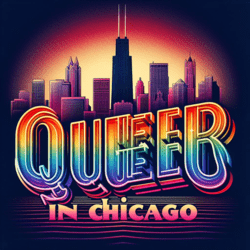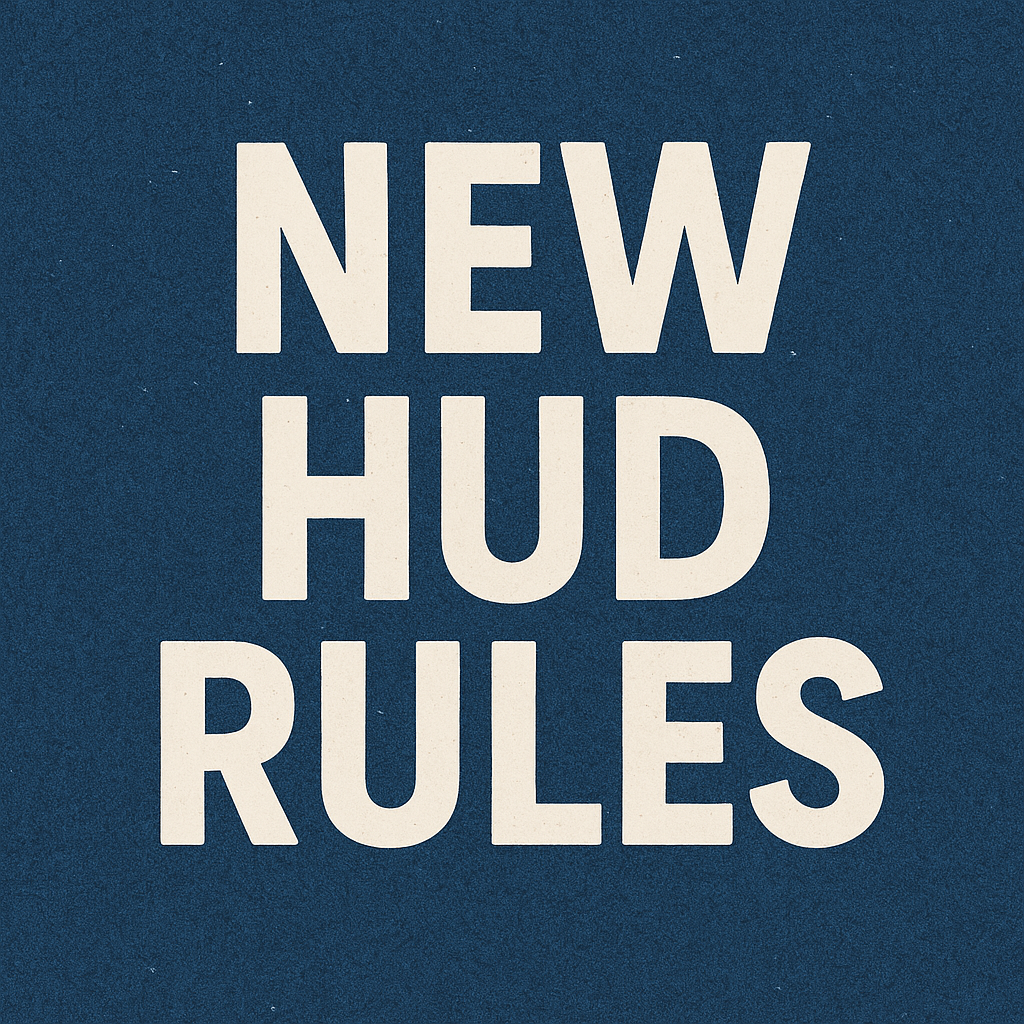The current Secretary of the U.S. Department of Housing and Urban Development (“HUD”), Scott Turner, has recently announced his intention to stop enforcing the 2016 Equal Access Rule. The Equal Access Rule mandates that housing facilities and services funded through HUD all ensure equal access to programs for individuals based on their gender identity – without intrusive questioning or a requirement to provide documentation. This rule allows people to access shelters and housing services based on their self-identified gender and was intended to protect the trans community from housing discrimination. Secretary Turner’s directive now calls for housing programs, shelters, and other HUD-funded initiatives to offer services to people based on their assigned sex at birth.
He stated at a press conference in February 2025 that he is “carrying out the mission laid out by President Trump on January 20th when he signed an executive order to restore biological truth to the federal government. This means recognizing there are only two sexes: male and female.” This executive order (EO 14168) was signed January 20, 2025, and declares that Trump’s administration will use policies which recognize that “women are biologically female, and men are biologically male.”
What This Means for Queer Chicagoans
The stop on enforcement of the Equal Access Rule substantially increases the danger for transgender and gender non-conforming people who are looking for housing. It means trans women may be denied access to women’s-only shelters or buildings, and local and state housing agencies which receive HUD funding may be uncertain in how to implement the new policy, leading to confusion with both staff and current residents. LGBTQIA+ people are already fearful when attempting to find housing due to the possible danger of discrimination, and the new directive will only make these fears grow.
The good news is that the Chicago Human Rights Ordinance (“CHRO”) and the Chicago Fair Housing Ordinance (“CFHO”) both provide protections for queer people in the City of Chicago, including transgender and gender non-conforming individuals. Section 6-10-070 of the CHRO asserts that, “no person that owns, leases, rents, operates, manages or in any manner controls a public accommodation shall withhold, deny, curtail, limit or discriminate … because of the individual’s … sex, gender identity, sexual orientation, [or] marital status. … any person may use a public accommodation … that are open to persons of his or her sex.
For purposes of this subsection, ‘sex’ includes both biological category and gender identity. Each person determines his or her own gender identity; no proof shall be required except his or her expression of his or her gender.” Similarly, Section 5-8-020 of the CFHO states that, “it is…the policy of the City of Chicago that no owner, lessee, sublessee, assignee, managing agent, or other person, firm or corporation having the right to sell, rent or lease any housing accommodation, within the City of Chicago, or any agent of any of these, should refuse to sell, rent, lease, or otherwise deny to or withhold from any person or group of persons such housing accommodations because of the … sex, gender identity, … sexual orientation, [or] marital status of such person or persons. (See the Gender Identity Discrimination sheet from CCHR for more information).
Additionally, on top of the Chicago-specific protections, the newly proposed Fair and Equal Housing Act of 2025 (H.R. 3696) also offers a glimmer of hope. If this bill is passed it would extend existing protections under the Fair Housing Act to include discrimination based on sexual orientation and gender identity. While this is not in effect yet, it is something to watch for in the future.
Where to Get Help
Now that the Equal Access Rule is no longer being enforced, queer Chicagoans may face discrimination when attempting to find housing. Even though the CHRO and CFHO still provide protections for queer Chicagoans, HUD-funded facilities may nonetheless try to claim HUD no longer allows people to provide their self-identified gender when applying. Landlords or management companies may also take this as a sign that they can refuse to rent or sell based on queer identities. Discrimination could mean a landlord asking invasive questions like, “Wait, are you a man or a woman?” or refusing to respond to requests to apply after the potential renter informed them that they are moving in with their partner or spouse. (see more examples here).
If you are searching for housing and feel such discrimination has occurred, you may file a discrimination complaint with the Chicago Commission on Human Relations (“CCHR”). The Commission will complete an investigation, and if substantial evidence of discrimination is found, they will either help the parties settle or will proceed to a hearing. You can also choose to pursue a private court action if you so wish. If you would like to file with CCHR, you must do so within one year of the last discriminatory incident. If you would like to file a private court action, you generally have two years to file from the last discriminatory incident.
The bottom line is that a HUD directive does not simply invalidate a city ordinance or long-standing state laws. While the Fair Housing Act sets the floor in terms of prohibited actions and protected classes, states, counties, and cities have continued to broaden protections for their residents to prevent discrimination.
If you or someone you know has been discriminated against in their search for housing, contact the UIC Fair Housing Legal Clinic for free legal assistance (file an online complaint here).
***This was a guest post from Morgan Buszczak from the UIC School of Law.



